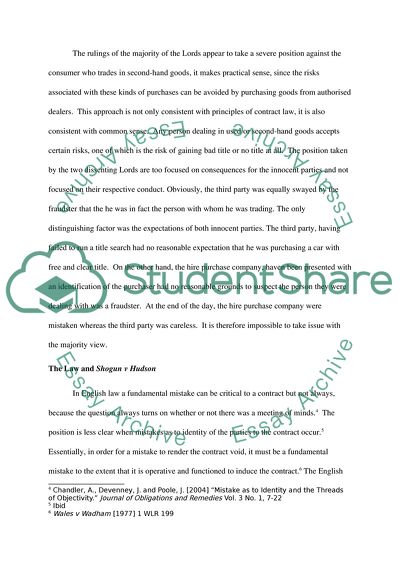Cite this document
(Mistaken Identity in the House of Lords Case Study, n.d.)
Mistaken Identity in the House of Lords Case Study. Retrieved from https://studentshare.org/law/1544685-do-you-agree-with-lord-nicholls-and-lord-milletts-dissenting-judgments-in-shogun-finance-ltd-v-hudson-2003-ukhl-62
Mistaken Identity in the House of Lords Case Study. Retrieved from https://studentshare.org/law/1544685-do-you-agree-with-lord-nicholls-and-lord-milletts-dissenting-judgments-in-shogun-finance-ltd-v-hudson-2003-ukhl-62
(Mistaken Identity in the House of Lords Case Study)
Mistaken Identity in the House of Lords Case Study. https://studentshare.org/law/1544685-do-you-agree-with-lord-nicholls-and-lord-milletts-dissenting-judgments-in-shogun-finance-ltd-v-hudson-2003-ukhl-62.
Mistaken Identity in the House of Lords Case Study. https://studentshare.org/law/1544685-do-you-agree-with-lord-nicholls-and-lord-milletts-dissenting-judgments-in-shogun-finance-ltd-v-hudson-2003-ukhl-62.
“Mistaken Identity in the House of Lords Case Study”. https://studentshare.org/law/1544685-do-you-agree-with-lord-nicholls-and-lord-milletts-dissenting-judgments-in-shogun-finance-ltd-v-hudson-2003-ukhl-62.


